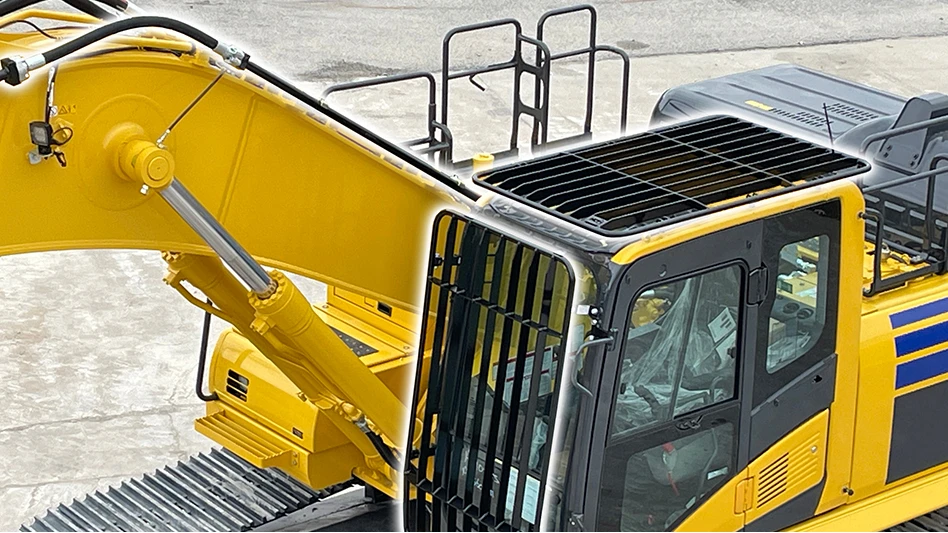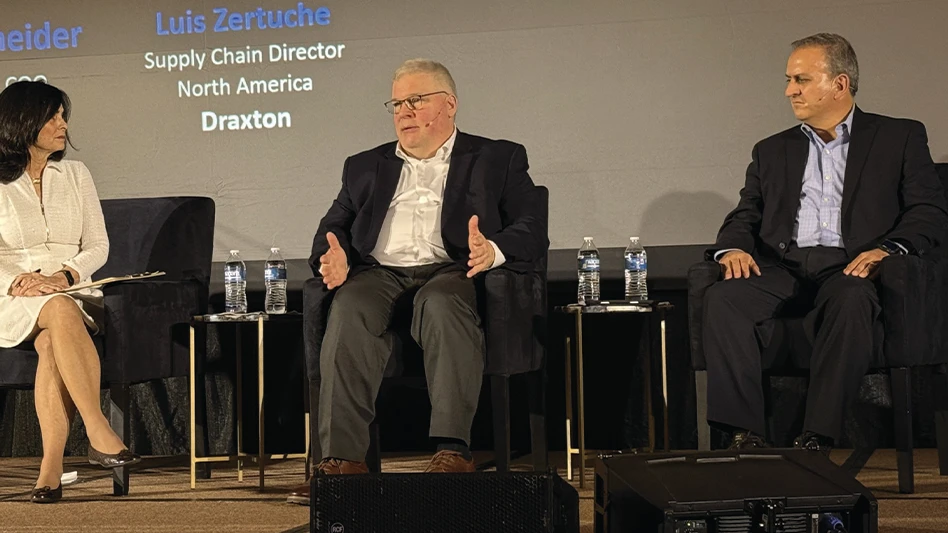
The commercial recycling and waste management company Recycling Lives has announced the opening of a fully dedicated flat panel display (FPD) processing center at its facility in Preston, U.K.
The FPD project, costing £250,000 (US$403,000), has been developed under the guidance of several industry experts, including Timothy McDonnell, a researcher from the University of Central Lancashire, who completed a doctoral thesis on correct FPD disposal based on research undertaken at the Recycling Lives facilities.
At Recycling Lives’ FPD recycling center, the disassembly process has been broken down into stages to increase the efficiency of unit handling. Preparatory studies conducted over the last four years have included comparisons between FPD and cathode ray tube (CRT) recycling and, by comparing the two processes, the company has been able to incorporate procedures from CRT recycling into the FPD recycling method.
According to an announcement by Recycling Lives, the result has been the improvement in both speed and effectiveness for the FPD processing operation. The data and research on the operation has allowed Recycling Lives to develop best practices for FPD recycling. The company anticipates that its FPD line will be able to process up to 1,000 units per day at full capacity.
The new system also addresses the safety aspect of the process. When broken during manual disassembly, the lighting tubes behind FPD screens release toxic mercury vapors. The challenges involved in dealing with the health and safety aspects of mercury recycling are such that many waste management companies have shied away from FPD processing.
The development of the Recycling Lives FPD processing line has involved significant investment into health and safety testing, sophisticated mercury analyzing equipment and a specially designed mercury-safe dismantling room, in addition to specialist protective equipment and training for staff on working safely in a potentially hazardous environment.
Once the staff in the main part of the recycling center has removed the plastic and metal components from the FPD units, the remaining screen and mercury-filled fluorescent tubes enter the sealed mercury-safe room on a conveyor belt.
Staff members working in the room are rotated at short intervals to minimize the strain caused by working in heavy face-masks and bodysuits as they separate the mercury back lights from the FPD screens. The air in the room is replaced once every sixty seconds and all mercury is treated, sucked out into a separate unit and stored away from all other areas in preparation for external recycling.
David Allen, strategic development manager at the Recycling Lives FPD processing plant, says, “Our groundbreaking flat panel display recycling facility is the result of years of study in conjunction with the University of Central Lancashire into the issues and complexities of FPD recycling. All aspects of the process have been carefully considered and the resultant processing line, which has been developed, is something we are very proud of at Recycling Lives.
“It is very important to us that we have a line which is a flagship FPD facility which sets the trend for how to correctly handle these units. We are now keen to engage with as many stakeholders as possible to ensure we can operate the line to as near to its capacity as possible,” Allen adds.
Latest from Recycling Today
- REalloys adds general to executive ranks
- LME takes sustainability premium step
- Smurfit Westrock remains focused on portfolio optimization
- 2026 unlocked: The strategic framework for profitable, efficient and circular operations
- Nebraska cities receive $7 million in waste, recycling grants
- Metals Innovation Initiative appoints sustainability project coordinator
- Aqua Metals aims to acquire Lion Energy
- GFL profits decrease from prior quarter





